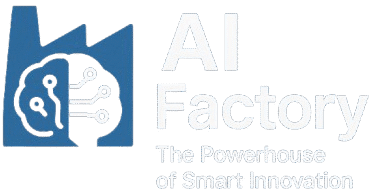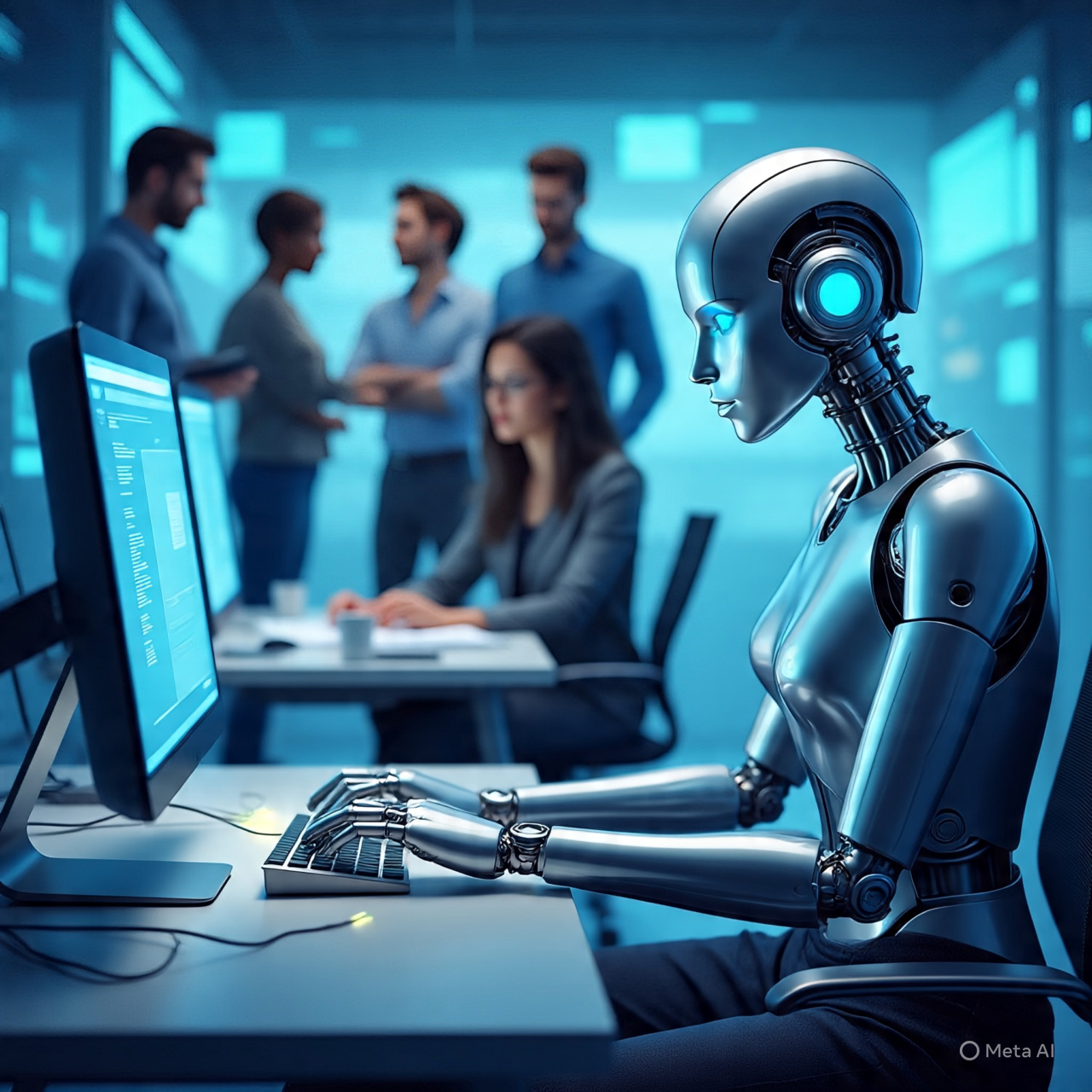Introduction: A Future Worth Talking About
It’s no secret that artificial intelligence (AI) is reshaping the modern workplace. From chatbots and automation tools to data analysis and machine learning, the AI revolution is in full swing. But the big question on everyone’s mind is: AI vs Humans in the Workplace: What Jobs Will Survive 2025? Whether you’re a student, a seasoned professional, or someone exploring career paths, understanding where you stand in this new job landscape is critical.
In this article, we’ll unpack the evolution of AI in the workforce, analyze which roles are under threat and which ones are future-proof, and explore how humans can adapt to thrive alongside intelligent machines.
Background: How Did We Get Here?
The concept of machines replacing human labor dates back to the industrial revolution, but what we’re seeing now is vastly different. AI isn’t just replacing physical tasks — it’s performing cognitive functions. Think language translation, content creation, diagnosing diseases, and even coding.
According to a 2023 World Economic Forum report, 83 million jobs will be lost due to AI by 2027 — but 69 million new ones will be created. This transition is less about eradication and more about evolution.
AI vs Humans: A Detailed Comparison
| Feature | AI | Humans |
|---|---|---|
| Speed | Processes data in milliseconds | Slower, depends on task complexity |
| Emotional Intelligence | Limited or programmed empathy | Highly adaptable and authentic |
| Creativity | Can mimic, but lacks originality | Driven by experience, emotion, and intuition |
| Decision-making | Data-driven, unbiased (ideally) | Holistic, context-aware |
| Learning | Fast, based on data inputs | Slower, experience-based |
Key Features of AI Integration in the Workplace
Automation of Repetitive Tasks
AI excels in handling routine, time-consuming processes — think scheduling, data entry, and inventory management.
Enhanced Data Analysis
With machine learning and predictive analytics, AI can crunch massive datasets and identify trends far quicker than humans.
24/7 Availability
Unlike human workers, AI systems don’t need breaks, making them perfect for round-the-clock operations like customer service.
Cost Efficiency
While the upfront investment in AI can be significant, it reduces long-term labor and operational costs.
Pros and Cons: Humans vs AI in the Workplace
Pros of AI
- Increases productivity
- Reduces human error
- Enables smarter decision-making
- Operates at scale
Cons of AI
- Job displacement risks
- Lacks emotional intelligence
- Bias in training data
- High implementation cost
Pros of Humans
- Creative problem-solving
- Emotional intelligence and empathy
- Flexibility in complex scenarios
- Ability to build trust and relationships
Cons of Humans
- Limited capacity and speed
- Fatigue and inconsistency
- Higher long-term cost
Jobs That Will Thrive Beyond 2025
- Healthcare Professionals: Doctors, nurses, and therapists will remain essential for their human touch and clinical judgment.
- Creative Fields: Writers, designers, and artists offer originality and emotional storytelling that AI struggles to replicate.
- Technology Specialists: AI engineers, data scientists, and cybersecurity experts will be in high demand.
- Skilled Trades: Electricians, plumbers, and carpenters perform hands-on tasks that are hard to automate.
- Education and Training: Teachers and trainers who guide learning with emotional intelligence and adaptability will continue to be crucial.
Who Should Prepare — and How?
Students
Focus on STEM fields, soft skills, and digital literacy. The future is hybrid — technical know-how + creativity wins.
Professionals
Upskill. Learn to work *with* AI rather than fear it. Think data interpretation, prompt engineering, and cross-functional collaboration.
Organizations
Invest in reskilling your workforce and create collaborative environments where humans and AI complement each other.
FAQs About AI vs Humans in the Workplace
1. Will AI replace all human jobs by 2025?
No. AI will automate specific tasks, but many jobs — especially those requiring empathy, judgment, and creativity — will survive and even flourish.
2. What jobs are most at risk due to AI?
Roles that involve repetitive tasks like data entry, customer support, and basic analysis are more vulnerable to AI automation.
3. How can I future-proof my career?
Invest in continuous learning, build strong interpersonal skills, and explore tech-savvy tools that make you more efficient and AI-aware.
4. What industries will AI impact the most?
Healthcare, finance, retail, and manufacturing are seeing major AI adoption, but every industry will feel some degree of change.
5. Is AI better than humans at decision-making?
In data-heavy environments, yes. But humans are still superior in making nuanced decisions involving ethics, values, and emotions.
Conclusion: Embrace the Change
So, what jobs will survive 2025? The ones that require a human heart, creative mind, and strategic thinking. AI is here not to eliminate us but to evolve with us. We must stop viewing AI as competition and start seeing it as collaboration.
Whether you’re writing code, teaching students, or crafting marketing campaigns — the blend of human + machine is the future. Stay adaptable, stay curious, and most importantly, stay human.
Final Verdict: Man + Machine, Not Man vs Machine
It’s not about humans vs AI — it’s about humans with AI. By 2025 and beyond, the most resilient careers will be those where AI enhances, rather than replaces, human capabilities. If you embrace change, upskill regularly, and lead with creativity and empathy, your job isn’t just safe — it’s indispensable.

